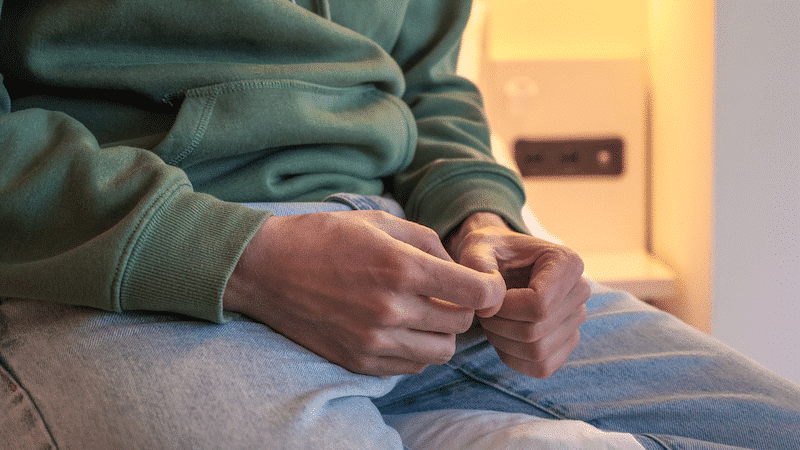Financial Abuse

Abuse is the act of causing harm or distress, in an attempt to exert control, especially for one’s own advantage or pleasure. Financial and economic abuse is when someone controls another person’s ability to make, spend, and otherwise manage money. Research shows that an estimated 94% of survivors of intimate partner violence experience financial and economic abuse1, yet 78% of Americans do not consider financial and economic abuse to be a form of abuse at all2. No form of abuse is “worse” or “better” than another, but financial and economic abuse is unique in that it makes it both difficult to leave an abusive relationship3 and causes many survivors to return to the relationship once they’ve left 4. Aside from the mental and emotional impact of the abuse, financial and economic abuse can continue to impact a survivor’s life far past the end of the abusive relationship.
There are many ways someone can financially and economically abuse someone else. The examples given here are intended to just give an idea of the different ways financial and economic abuse can present itself in a relationship. Perpetrators may also do a number of other things not listed here to control their partner’s ability to make, spend, and manage their own finances. In other words, if a situation related to financial power and control isn’t mentioned here, it doesn’t imply that it isn’t a valid form of abuse.
Many perpetrators manipulate and/or coerce their partners into giving them control. For example, they might frame the control as a positive or a task they are taking on in the relationship by saying things such as, “I know you worry about money, so why don’t I handle it for you so you don’t have to worry about it anymore?” Additionally, they could demand, intimidate, or threaten their partner into letting them control their finances. Financial abuse can manifest in various ways depending on the circumstances, and it frequently occurs alongside other types of domestic violence. Perpetrators often use the same tactics to control their partner’s finances.
Sources
- Postmus JL, Plummer SB, McMahon S, Murshid NS, Kim MS. Understanding economic abuse in the lives of survivors. J Interpers Violence. 2012 Feb;27(3):411-30. doi: 10.1177/0886260511421669. Epub 2011 Oct 10. PMID: 21987509.
- Adams, Adrienne E. “Measuring the Effects of Domestic Violence on Women’s Financial Well-being.” CFS Research Brief 2011-5.6.
- Mary Kay. (2012). “Truth About Abuse Survey Report.” The Nation
- Salamone, Nancy. (September 2010). “Domestic Violence and Financial Dependency.” Forbes
- Kitten, T. (2021). Child Identity Fraud: A Web of Deception and Loss. Javelin Strategy.

988 Suicide and Crisis Lifeline
988 Lifeline is a national network of local crisis centers that provides free and confidential emotional support to people in suicidal crisis or emotional distress 24 hours a day, 7 days a week in the United States. We’re committed to improving crisis services and advancing suicide prevention by empowering individuals, advancing professional best practices, and building awareness.

National Sexual Assault Hotline
RAINN is the nation’s largest anti-sexual violence organization. RAINN created and operates the National Sexual Assault Hotline in partnership with more than 1,000 local sexual assault service providers across the country.
Phone: 800-656-4673
Chat: Click here to chat

VictimConnect Resource Center
VictimConnect is a referral helpline where ALL crime victims can learn about their rights and options confidentially and compassionately.
Phone and text: 855-4-VICTIM
Online chat: Monday-Friday from 9am to 5pm EST



